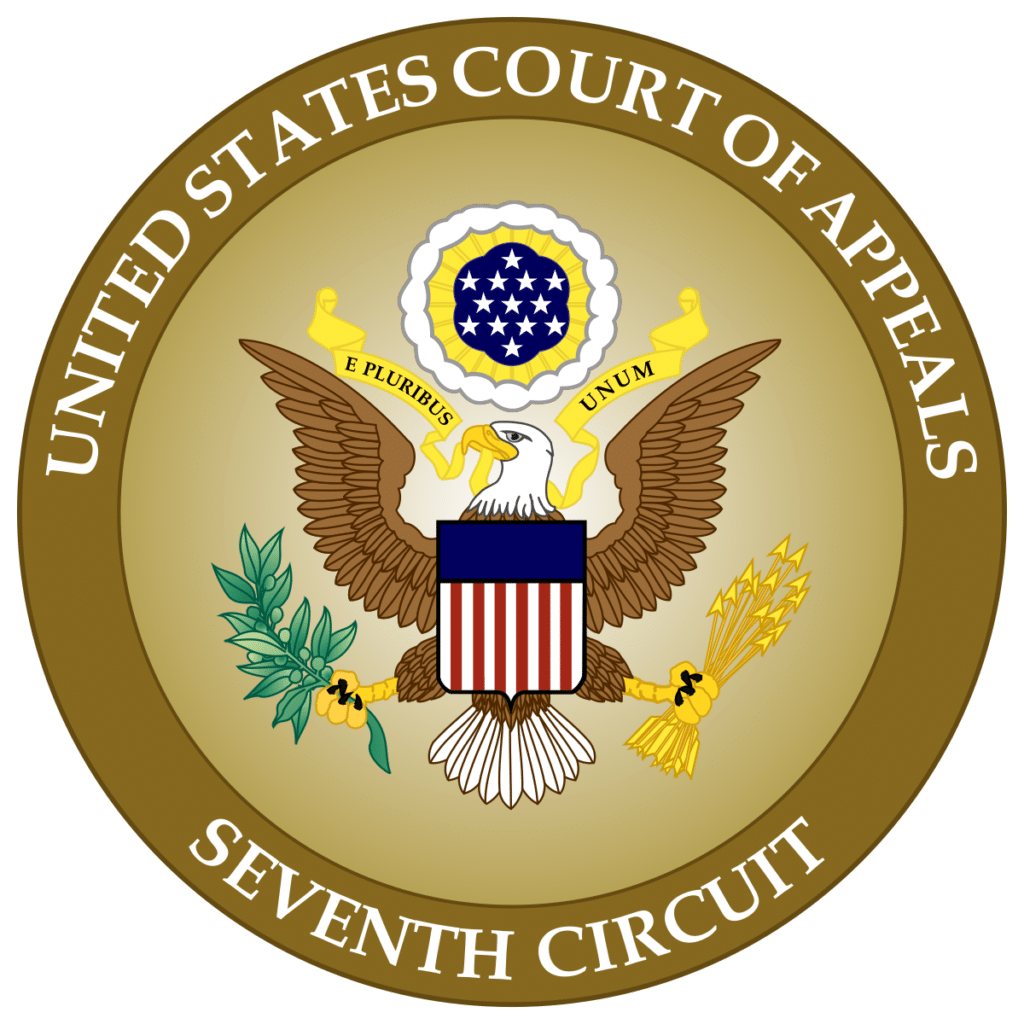Original Actions
Very few appellate lawyers will ever file an original action, and this term is foreign to most litigants (and a number of attorneys). Since the Indiana Supreme Court has exclusive, original jurisdiction over all inferior state courts, including the Court of Appeals, there are a few cases each year where an original action is filed against a trial court and/or judge in the Indiana Supreme Court. This is a new lawsuit. The Indiana Supreme Court is more or less the trial court.
The party who brings the action is the Relator. This is generally a litigant in the trial court and the respondents are always an inferior state court and/or the judge or judges thereof. In rare cases, a court clerk may be an additional respondent. There are two types of writs the Relator may seek. The first is the Writ of Mandamus. This Writ seeks to have the trial court exercise jurisdiction. The Relator must first have raised this jurisdictional question by written motion which the trial court denied or did not ruled upon timely. The second is the Writ of Prohibition. This Writ seeks to have the trial court refrain from exercising jurisdiction. Again, the Relator must first have raised this jurisdictional question by written motion which the trial court denied or did not rule upon timely.
The rules for these original actions are extremely technical and are addressed by the Rules of Procedure for Original Actions Writs of Mandate and Prohibition. Ultimately, these original actions are a check and balance on the power of trial court judges but are infrequently used and rarely successful. However, and again, they are one of many tools available to litigants to ensure due process of law. That said, we as citizens place extreme trust in trial courts to properly manage matters in their court. For this reason, original actions are viewed with disfavor and may not be used as substitutes for appeals. Because they are extraordinary remedies, such writs will not be issued unless the Relator can show a clear and obvious emergency where the failure of the Indiana Supreme Court to act will result in substantial injustice.
Sample of Petition for Writ of Prohibition.
Dixon & Moseley, P.C. advocates have experience with Writs. Is this your case? If so, perhaps we should be your appellate counsel.



[wpbr_collection id=”154″]
Please fill out the form below and we will be in touch with you shortly.

Call Now



Copyright © 2025 Dixon & Moseley, P.C., Attorneys at Law. All rights reserved. This Site does not provide legal advice; please review the disclaimer for other limitations. Privacy Policy
Based in Indianapolis and founded in 1995, Dixon & Moseley, P.C. is a niche law firm focused on successfully dealing with the complexities of divorce, high-conflict child custody and family law. Known for their ability to solve extremely complex situations with high quality work and responsiveness, Dixon & Moseley, P.C. will guide you every step of the way. The family law attorneys at Dixon & Moseley, P.C. will help you precisely identify your objectives and the means to reach your desired result. Life is uncertain. Be certain of your counsel. Indianapolis Divorce Attorneys, Dixon & Moseley, P.C.
Indianapolis Divorce Attorneys, Dixon & Moseley, P.C. of Indianapolis, Indiana, offers legal services for Indianapolis, Zionsville, Noblesville, Carmel, Avon, Anderson, Danville, Greenwood, Brownsburg, Geist, Fortville, McCordsville, Muncie, Greenfield, Westfield, Fort Wayne, Fishers, Bloomington, Lafayette, Marion County, Hamilton County, Hendricks County, Allen County, Delaware County, Morgan County, Hendricks County, Boone County, Vigo County, Johnson County, Hancock County, and Tippecanoe County, Indiana.